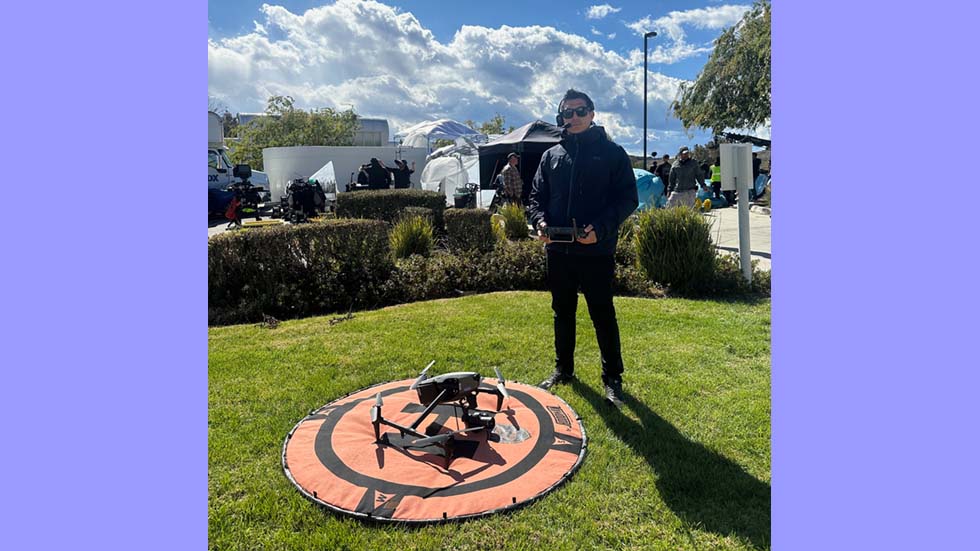FCC fine-tunes DTV transition rules
With the major DTV rulemaking proceedings out of the way, the commission has been working on resolving remaining DTV transition issues as they occur. Here is a summary of some recent developments.
Maximization and channel change procedures
In May, the FCC lifted the freeze, in place since 2004, on maximization applications and DTV channel change requests, and simultaneously opened a window for such submissions on June 20.
All applications and petitions filed during this window will be reviewed to determine preliminarily if there were timely filed conflicting proposals. If a proposal is not subject to such conflicts, it will be granted promptly so as to permit effectuation of the changes in advance of the Feb. 17, 2009, transition deadline.
In situations where a conflict is identified, the commission will grant all of the conflicting proposals, with the condition that the parties resolve their conflicts within 30 days. If the parties cannot resolve the conflicts, then the commission will dismiss all of the conflicting authorizations and require the parties to re-file. Re-filed applications will be processed on a first-come, first-serve basis. The FCC warned parties that they cannot rely on these submissions in seeking extension of the Feb. 17, 2009, transition deadline.
Consumer education rule relaxed
The commission also issued an order on clarification of its consumer education rules. Announcements made to the public over television stations relating to the early termination of analog facilities, or the extension of time to construct post-transition facilities, may be combined into a single spot, rather than aired as separate spots.
Get the TV Tech Newsletter
The professional video industry's #1 source for news, trends and product and tech information. Sign up below.
PSIP clarification
In the same order, the commission clarified that licensees do not have to immediately update their Event Information Table (EIT), required under Program System and Information Protocol (PSIP) standards, when circumstances change the program line-up. The FCC encourages licensees to update their EITs as quickly as possible, but such updates do not have to occur in real time.
To review, PSIP is data transmitted along with the station's DTV signal, which provides DTV receivers with information about the station and what is being broadcast. PSIP data provides a method for DTV receivers to identify a DTV station and to determine how a receiver can tune to it. It tells the receiver whether multiple program streams are being broadcast and, if so, how to find them.
The FCC's PSIP standards, including the new protocol for EITs, are incorporated into Section 73.682(d) of the agency's rules. Detailed ATSC PSIP information, as modified effective May 29, is available publicly at the sites referenced in Section 73.8000 of the FCC's rules.
Class A freeze over
The FCC's freeze on the filing of Class A TV station displacement and minor-change applications, which has been in place for several years, ended Aug. 4. Beginning then, such applications are accepted on a first-come, first-serve basis.
DTV Activity Form 388 now available
The commission created a Form 388 (DTV Quarterly Activity Station Report) in Common Debian Build System (CDBS) and has ordered reporting broadcasters to file through CDBS starting with the second quarter of 2008 and forward.
Harry C. Martin is a past president of the Federal Communications Bar Association and a member of Fletcher, Heald and Hildreth, PLC.
Send questions and comments to:harry.martin@penton.com
Dateline
- Oct. 1 is the deadline for TV stations in the following states and territories to file their biennial ownership reports: Alaska, Florida, Hawaii, Oregon, the Pacific Islands, Puerto Rico, the Virgin Islands and Washington.
- Oct. 1 is the deadline for TV stations and Class A TV stations in the following states and territories to place their 2008 EEO public file reports in their public files and post them on their Web sites: Alaska, Florida, Hawaii, Iowa, Missouri, Oregon, the Pacific Islands, Puerto Rico, the Virgin Islands and Washington. LPTV stations originating programming in these locations, which are not required to have public files, must post these reports on their Web sites and keep them in their station records.
